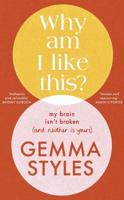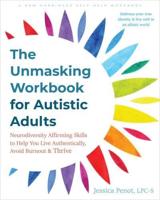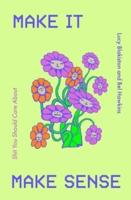Publisher's Synopsis
The 80/20 rule, sometimes referred to as the Pareto Principle, is a theory that contends that inputs and outputs in many facets of life have an unbalanced connection. The theory, which dates back to the late 19th century and was first proposed by Italian economist Vilfredo Pareto, holds that 20% of efforts or causes account for 80% of outcomes.
Since then, a variety of academic fields have used this idea, including business, economics, productivity, time management, and personal growth. It implies that most results are frequently produced by a tiny percentage of actions, inputs, or causes, while the majority that remain may have little effect.
Practically speaking, knowing the 80/20 rule can help people focus on and identify the most important tasks or goals in their lives, which will increase their effectiveness, productivity, and efficiency. People can maximize their time, money, and energy to attain better success and fulfillment by focusing their efforts on the crucial few tasks or tactics that yield the most noteworthy benefits.
We'll examine the 80/20 rule's uses in a variety of contexts during this investigation, learning how to apply it to improve decision-making, expedite procedures, and foster a more intentional and well-rounded approach to both personal and professional undertakings.










